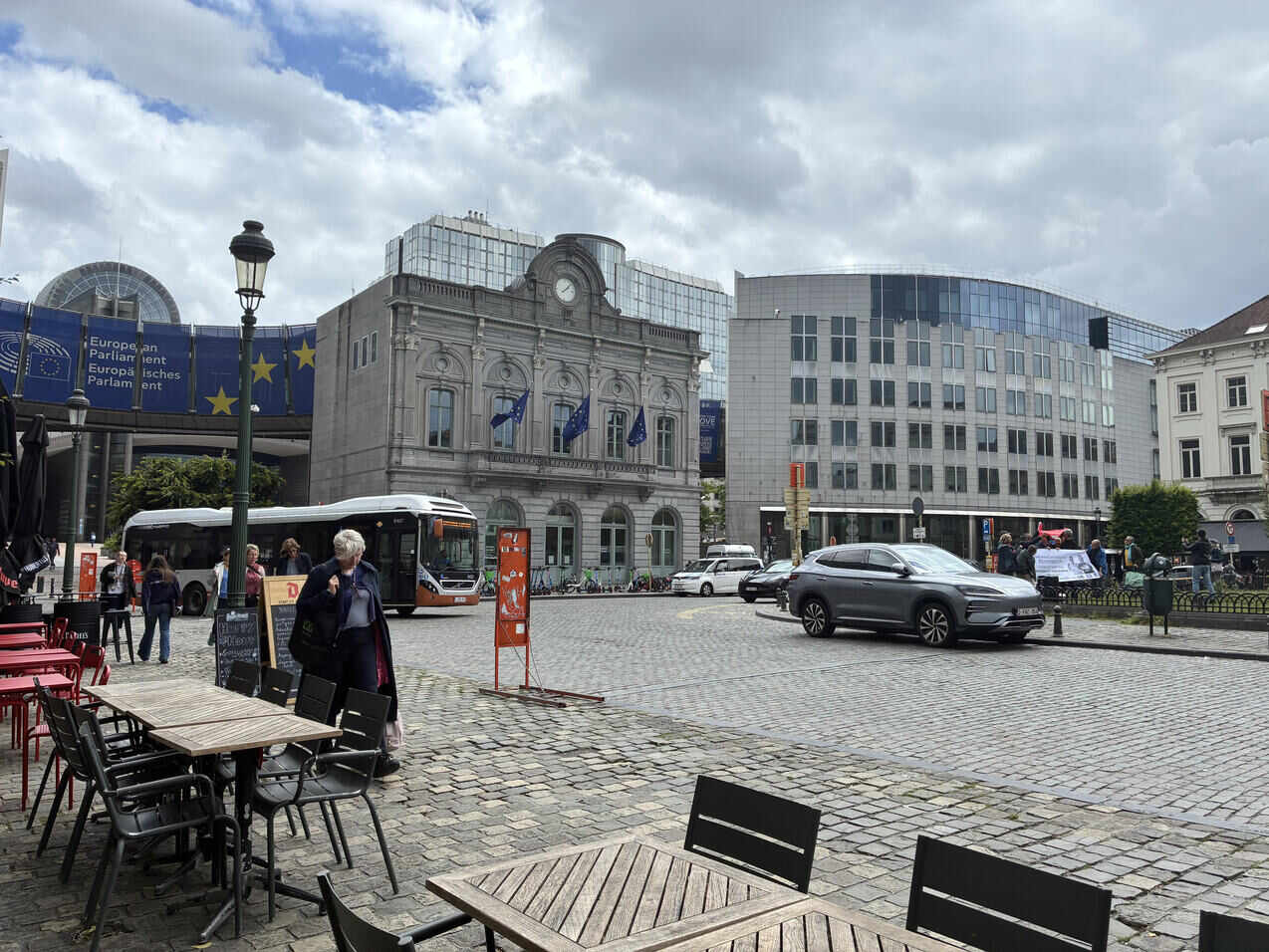There are few photographs of Jean-Paul Sartre and Albert Camus where those French heroes do not brandish a cigarette. For Jeanne Moreau and Brigitte Bardot, lighting up Gitanes and Gauloises was part of their smouldering glamour.
However, from July 1, there will now be no more smoking outside in French parks, public gardens, beaches, bus shelters, sports facilities, and near schools, announced French health minister Catherine Vautrin.
“A tobacco-free generation starts now!” said Vautrin, about the ban.
“Every year, one in ten deaths is linked to smoking. Smoking kills 75,000 people in France. That’s more than 200 deaths a day. It is the leading cause of avoidable death. Lung cancer causes terrible suffering,” she said.
Smoking “causes death” every day, said the minister.
Beyond the human toll, Vautrin pointed to the economic burden cigarettes posed for the French state.
“You can’t put a price on life, but cancer costs €150 billion a year, which is no mean feat when you consider the financial situation of our social model. Tobacco is not just an individual problem, it’s a collective scourge,” she added.
Failure to comply could result in a fine of €135, said Vautrin, who argued the freedom to smoke “ends where children’s right to breathe clean air begins”.
This announcement did not prohibit electronic cigarettes, or smoking in café terraces.
But moves against these may follow, eventually. “I’m not prohibiting myself from anything in the future,” said the minister.
Anti-smoking advocates welcomed the decision.
“A major breakthrough for our children’s health: starting July 1st, spaces frequented by the youngest will be tobacco-free. Thank you, Catherine Vautrin! Protecting children from secondhand smoke is protecting their future,” praised Sarah El-Hairiy, the government’s youth minister.
But for others, the move felt more intrusive.
“It looks like harassment, it’s deprivation of liberty”, argued Rémi Ferrec, president of the tobacconists’ federation in the Pyrénées-Orientales, in France’s southwest.
Passing smoking was not a danger in wide-open spaces like beaches, he said.
In Marseille, 24-year-old former smoker Alizée Landais expressed mixed feelings.
“It’s good, because even when I used to smoke, it bothered me to see people throw their cigarette butts in the sand. But it does take away individual freedoms,” she told Brussels Signal.
Smoking has long been part of French identity.
The image of a cigarette-wielding intellectual or effortlessly beautiful actress has long defined a certain flavour of the French cool.
Cultural figures such as singer Serge Gainsbourg and his daughter Charlotte and actresses such as Catherine Deneuve and Béatrice Dalle embodied this imagery.
Smoking has been both rebellion and ritual, an act woven into the country’s artistic and philosophical identity.
Smoking rates remain high, with over 30 per cent of adults between 18 and 75 identifying as smokers in 2022. Still, the tide has naturally begun to turn.
Between 2012 and 2020, tobacco sales in France fell by 26 per cent, while the price of cigarettes surged by 65 per cent.
France is not the only country pursuing tighter rules on smoking.
In Belgium, a coming smoking ban applying to all restaurant and cafés has split opinion.
While the European Union is not enforcing an outright ban on smoking, it has been encouraging stricter smoke-free environments across member states.
For its part, in 2024, the European Parliament voted against outdoor smoking bans.
It remained though to be seen how a new smoking ban would be received in France– where philosopher and novelist Albert Camus only a few decades back advised fledgling writers to “smoke a bit, stare blankly at some ceilings, beat your head against some walls, refuse to see some people, paint and write”.





